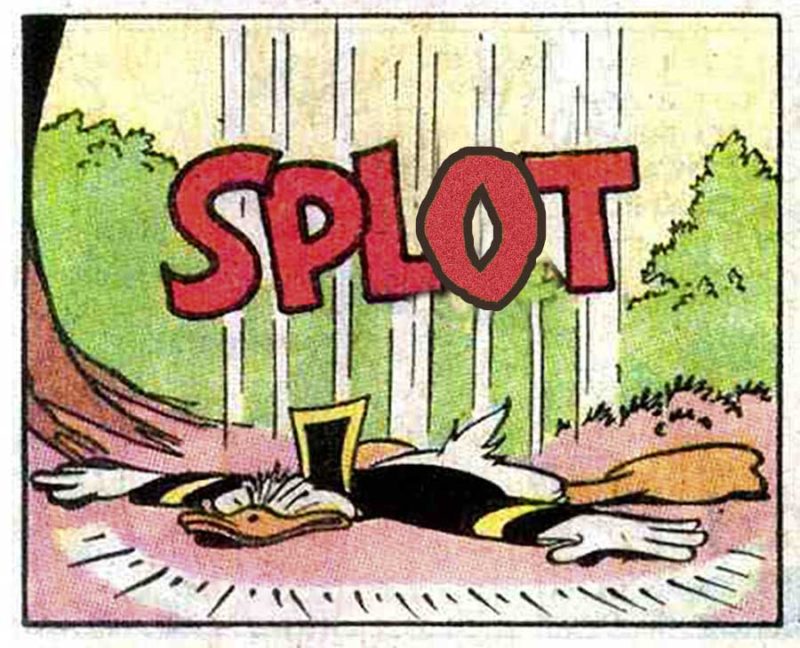I have spent the last six years thinking about and creating open educational resources. I have had two very important guides over this time: Stephen Downes and Leigh Blackall.
Guides are very important if we are to venture out from closed information networks. I have felt emboldened by the advice I have received from Stephen’s OLDaily newsletter and by Leigh’s embrace of the public Internet.
I have four examples from the last six years through which to advocate for an ‘Open All Hours’ approach to sharing educational resources.
I was fortunate to be a participant in the Connectivism and Connective Knowledge open online course (CCK08) in 2008. This was the first time I had engaged in what was to be called a Massive Open Online Course (MOOC). I was staggered by the wisdom shared in that course and felt very fortunate that Stephen Downes, and George Siemens directed my learning journey. The course was a transformative time for me when I came to understand the potential of self-organising networks of learners able to access open resources.
Gordon Lockhart (2013) summarises my experience in his account of his involvement in a connectivist open course (cMOOC):
it dawned on me that, contrary to what was on the tin, a cMOOC wasn’t a ‘course’ at all. Instead, a heady amalgam of ‘massive’, ‘open’ and ‘online’ was leading to a quite extraordinary place where the normal rules of learning engagement just didn’t apply. There were a couple of facilitators but no teachers. Participants were encouraged to create and maintain their own blogs. Social media was used for discussion and sharing resources. Topics were explored together, connections made and groups were formed and maintained long after the MOOC was over. cMOOCs never die …[1]
I met Leigh Blackall a year after CCK08. He enabled me to explore the potential of Wikimedia tools to create resources that would be available when learners chose to access them. Together we developed an online course on Wikiversity for Business, Politics and Sport. Our most exciting project was to propose a Wikipedia history of Australian Paralympic sport. Others have taken the lead on this project but it is fascinating to learn that as of November 2014, 814 Wikipedia articles have been created and that there are 1.4 million visitors to these pages annually[2].
The confidence I gained from Stephen and Leigh enabled me to extend my zone of proximal development in 2012 when I facilitated a small open online course in partnership with OpenLearning. The Observing and Analysing Performance in Sport course attracted 900 registrations from 82 countries during the four weeks it ran. It continues to attract visitors as a legacy course on the OpenLearning platform.
The final example I want to mention is another open online course I am developing at the University of Canberra. The Sport Informatics and Analytics course is running for four weeks in February and March 2015. All of the content for this course is available in the Cloud. This is an introduction to the course.
These four experiences have helped me understand the opportunities created by open sharing. I do believe that we have an exciting future in working cooperatively to create, curate and share educational resources. Martin Weller (2014) has suggested we are living in a time when open education has begun to occupy a place in mainstream educational practice.[3]
It is a time for me when it is possible to be ‘Open All Hours’.

Open All Hours by Keith Lyons is licensed under a Creative Commons Attribution-NoDerivatives 4.0 International License.
[1] Gordon Lockhart. (2013). Why can’t an xMOOC be more like a cMOOC? Connection not Content. < https://gbl55.wordpress.com/2013/01/27/why-cant-an-xmooc-be-more-like-a-cmooc/>
[2] APC Media. (2014). Huge audience for APC history project’s Paralympic Wikipedia articles. Australian Paralympic Committee. <http://www.paralympic.org.au/news/huge-audience-apc-history-projects-paralympic-wikipedia-articles>
[3] Martin Weller. (2014). The Battle for Open: How openness won and why it doesn’t feel like victory. <http://www.ubiquitypress.com/site/books/read/11/165/battle-for-open/#epubcfi(/6/2[cover.xhtml]!4/1:0)>
I thought this might be a great way to share a post published at https://www.openlearning.com/educationist/OpenAllHours earlier today in Australia. I am delighted to try out anything that Alan suggests.


2 Pingbacks